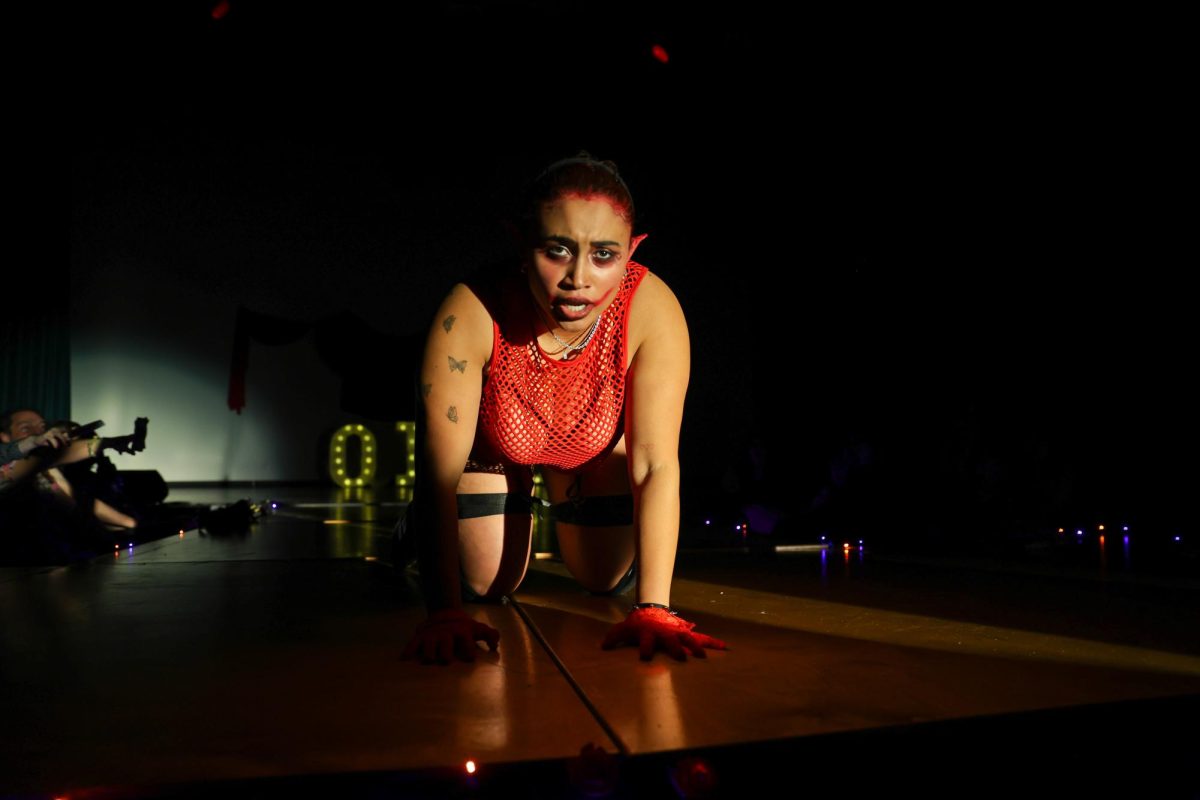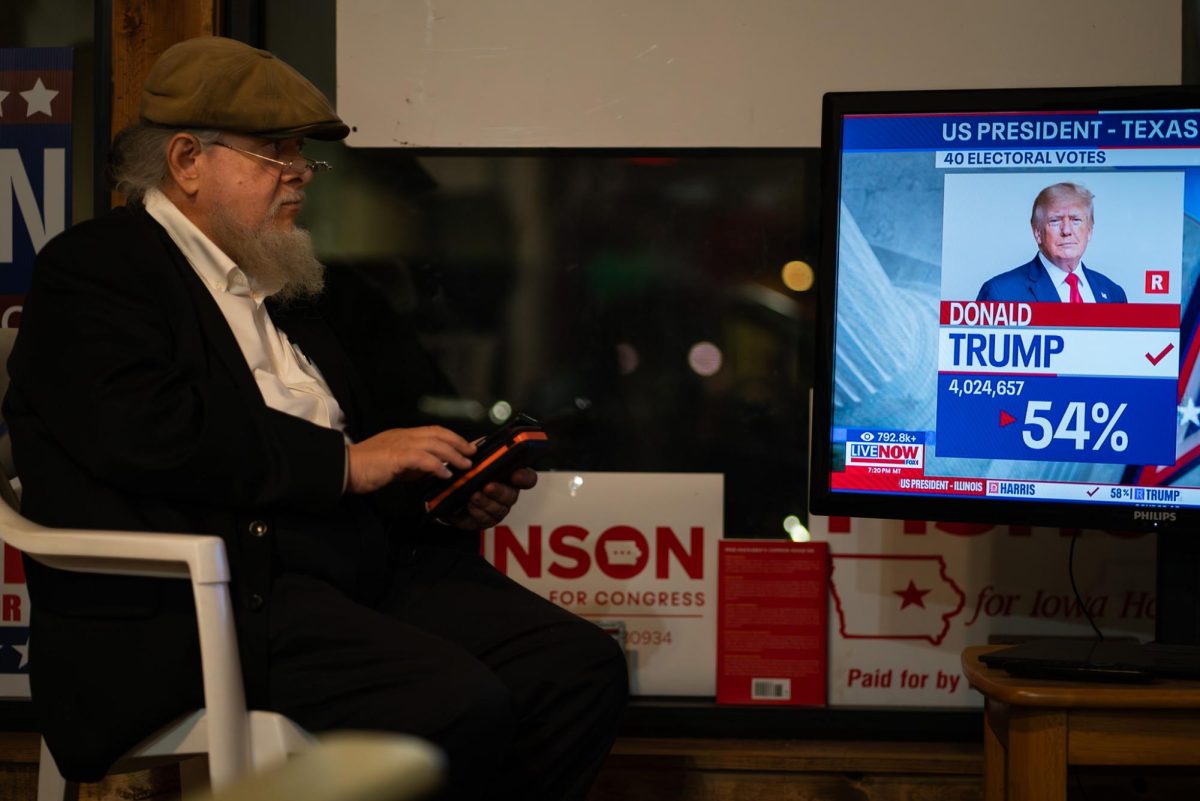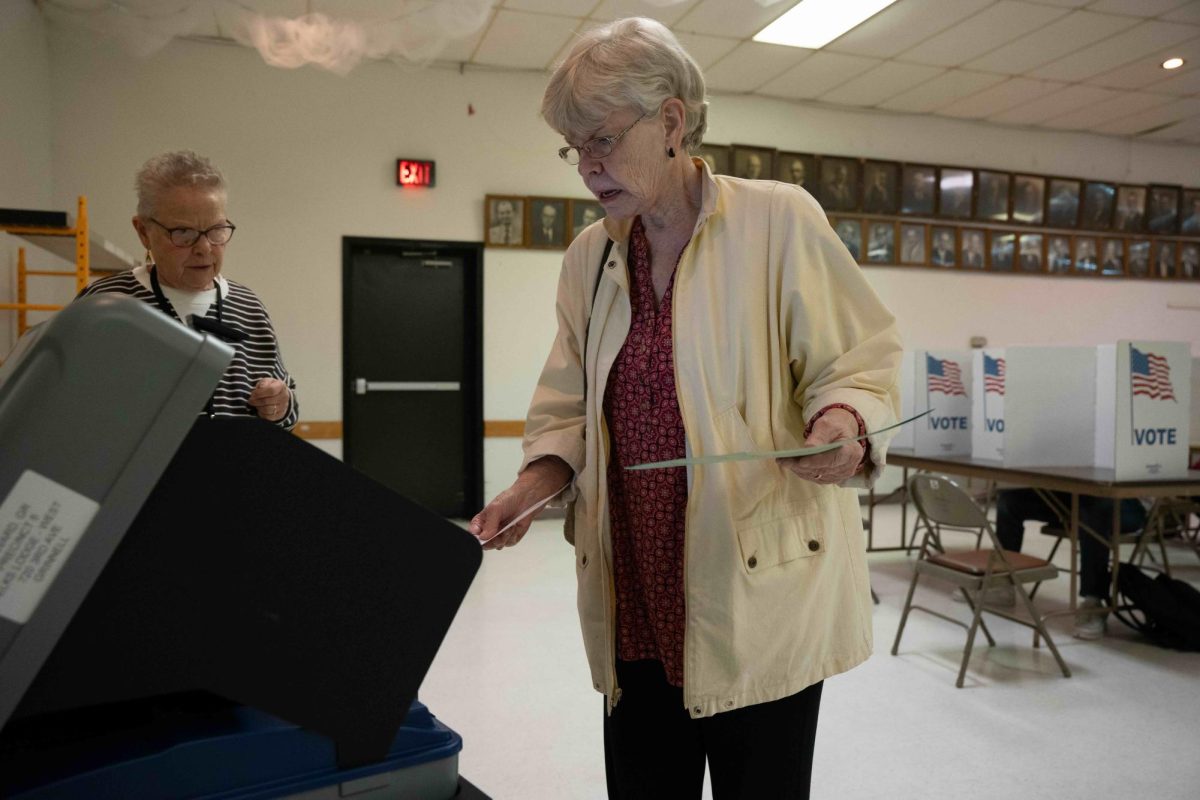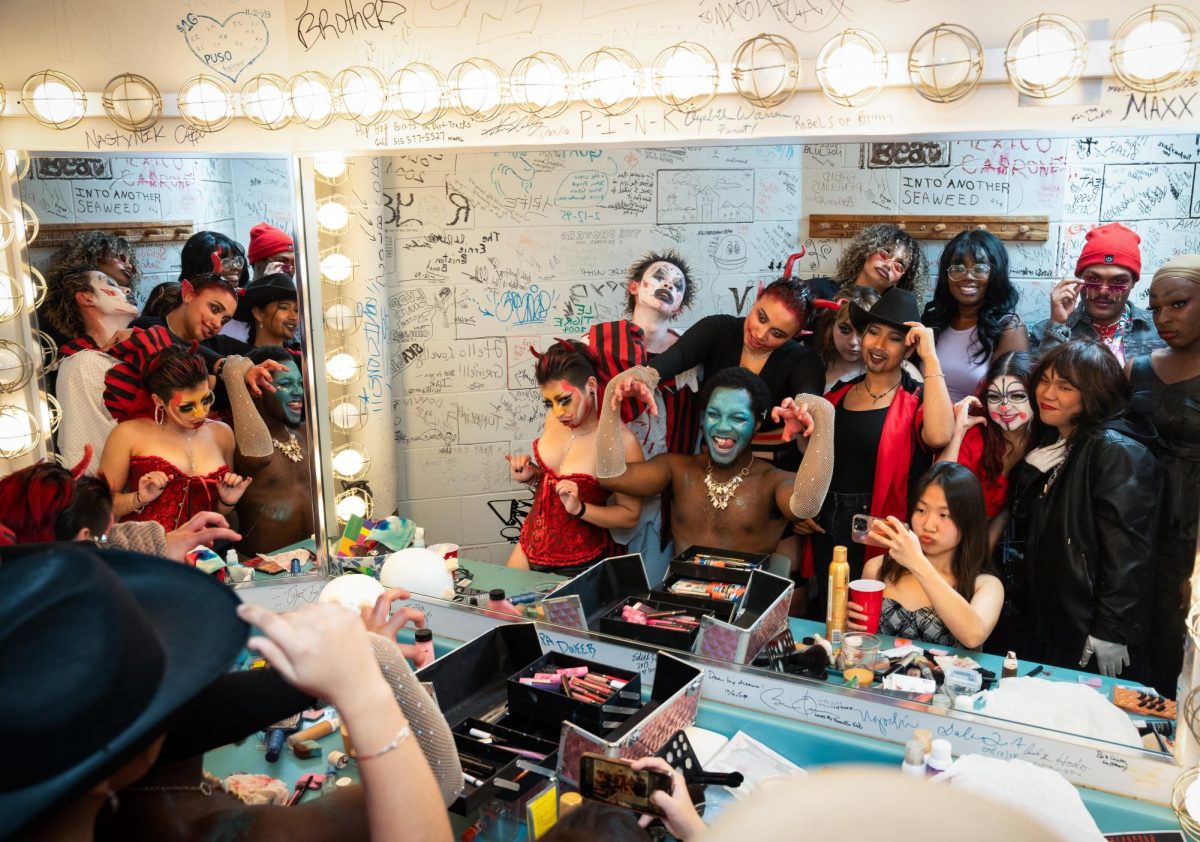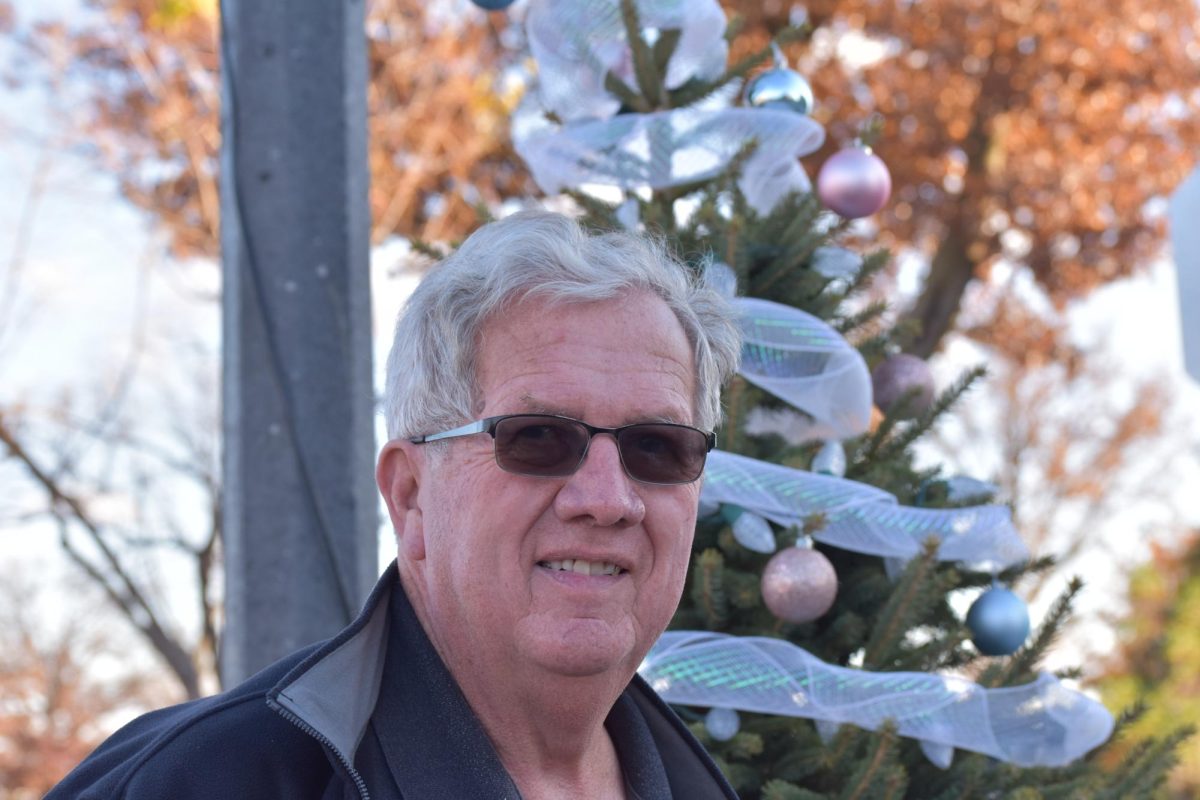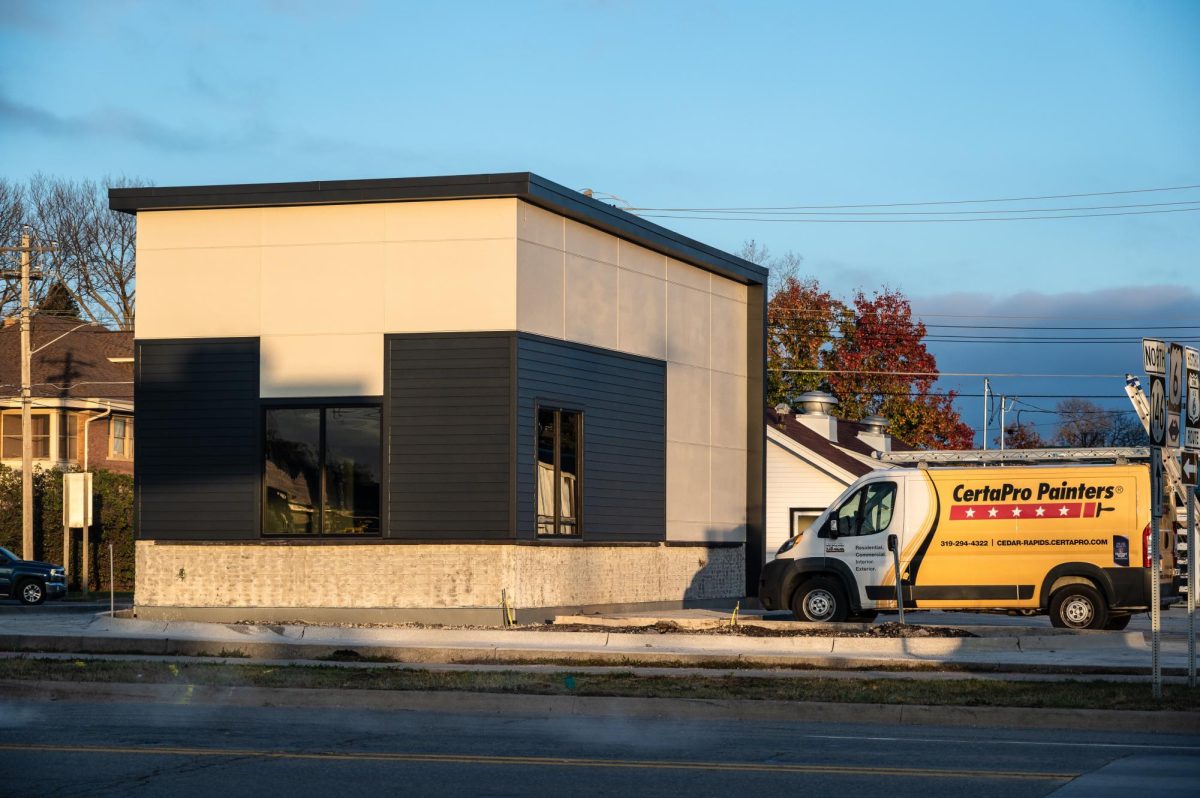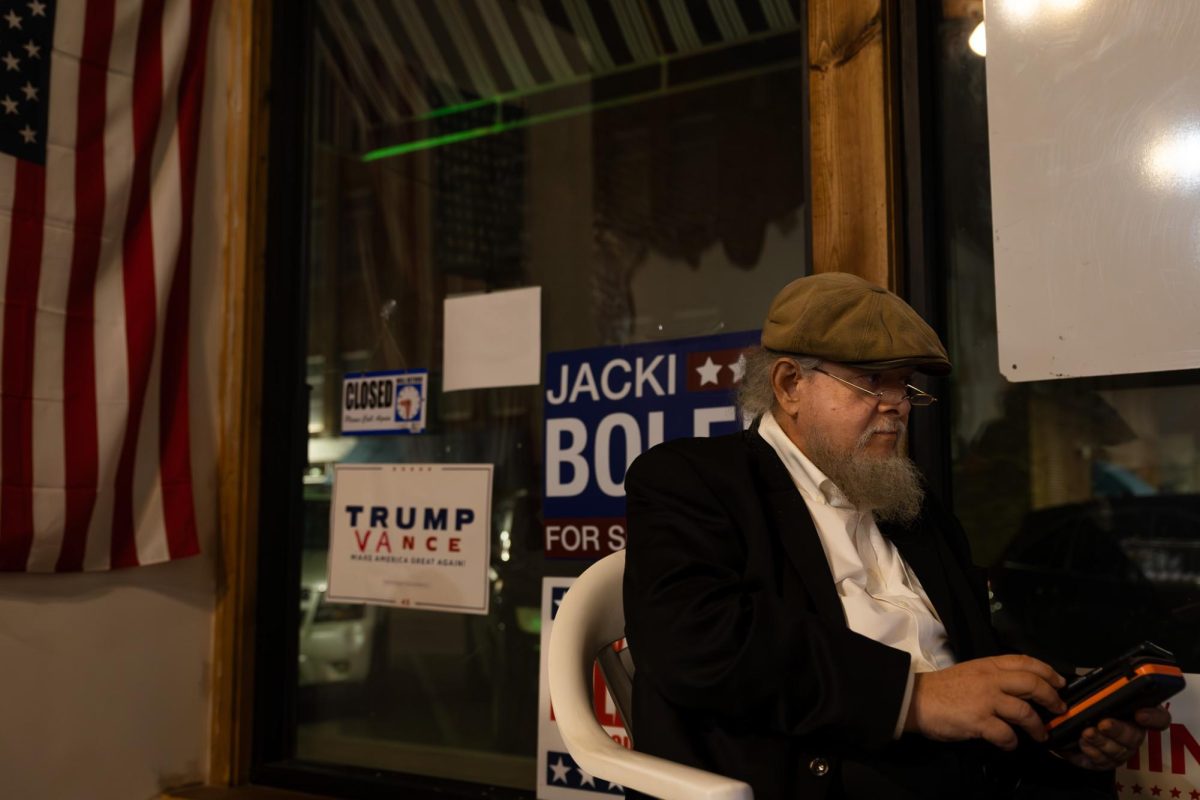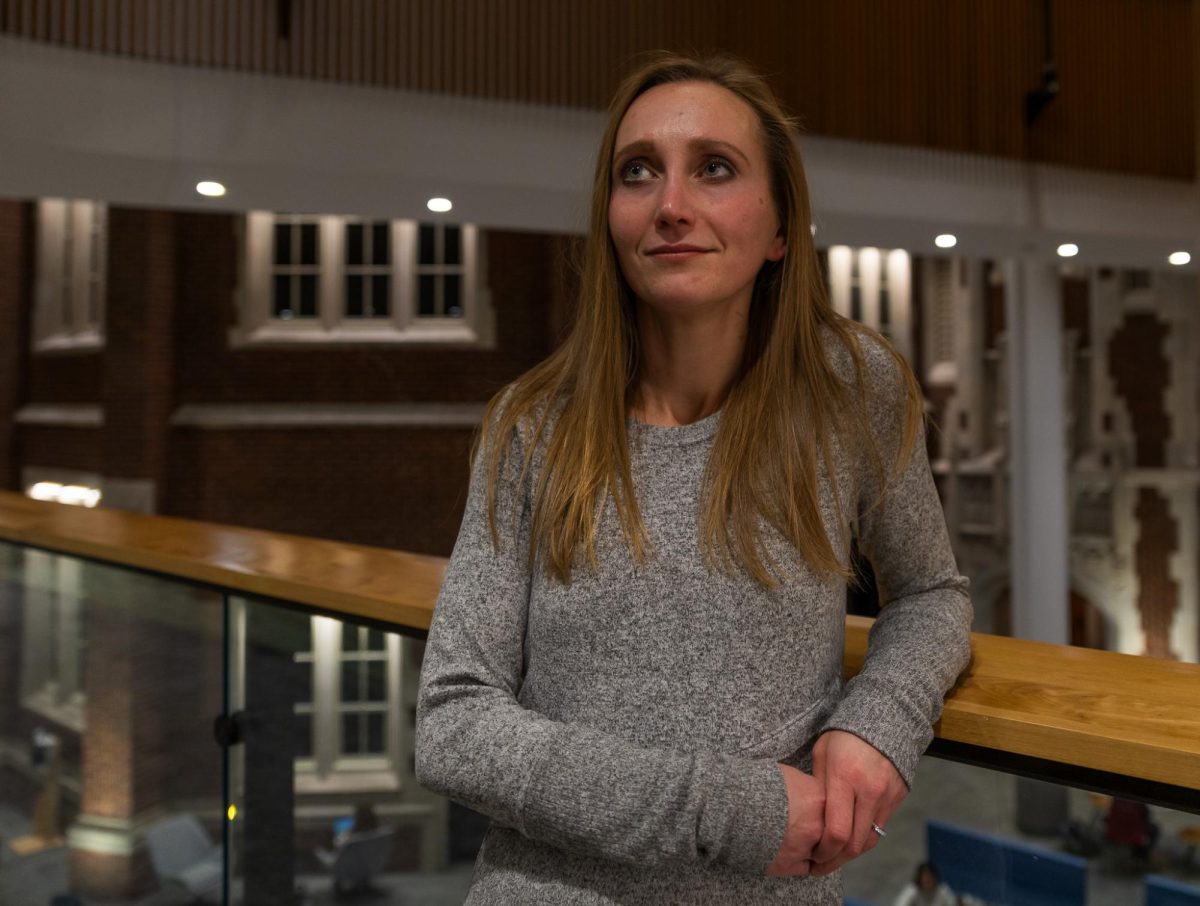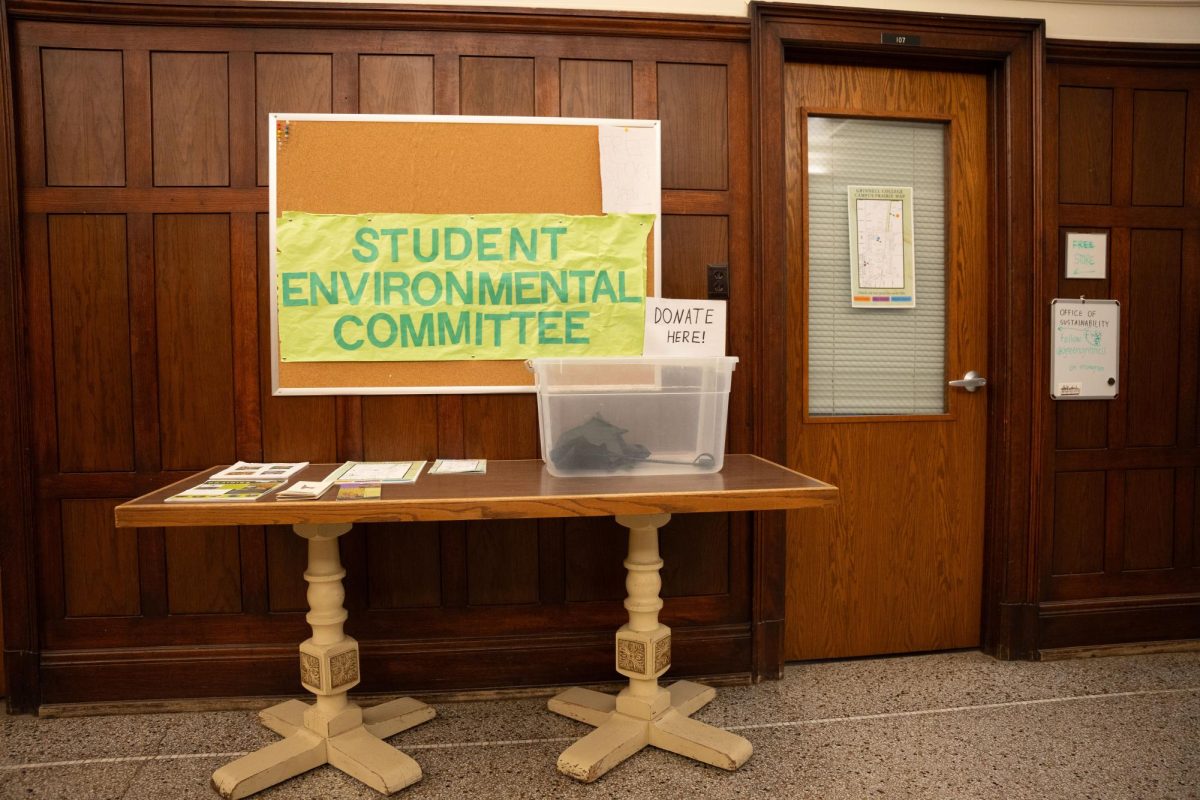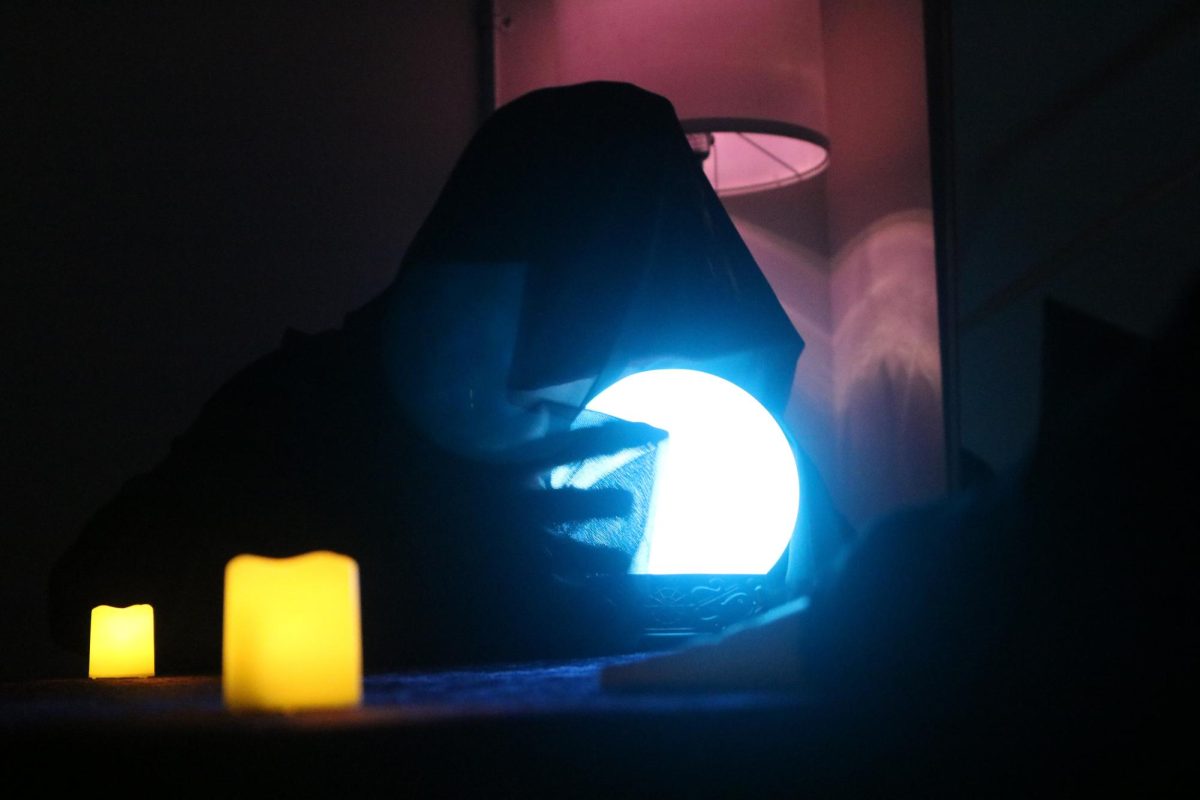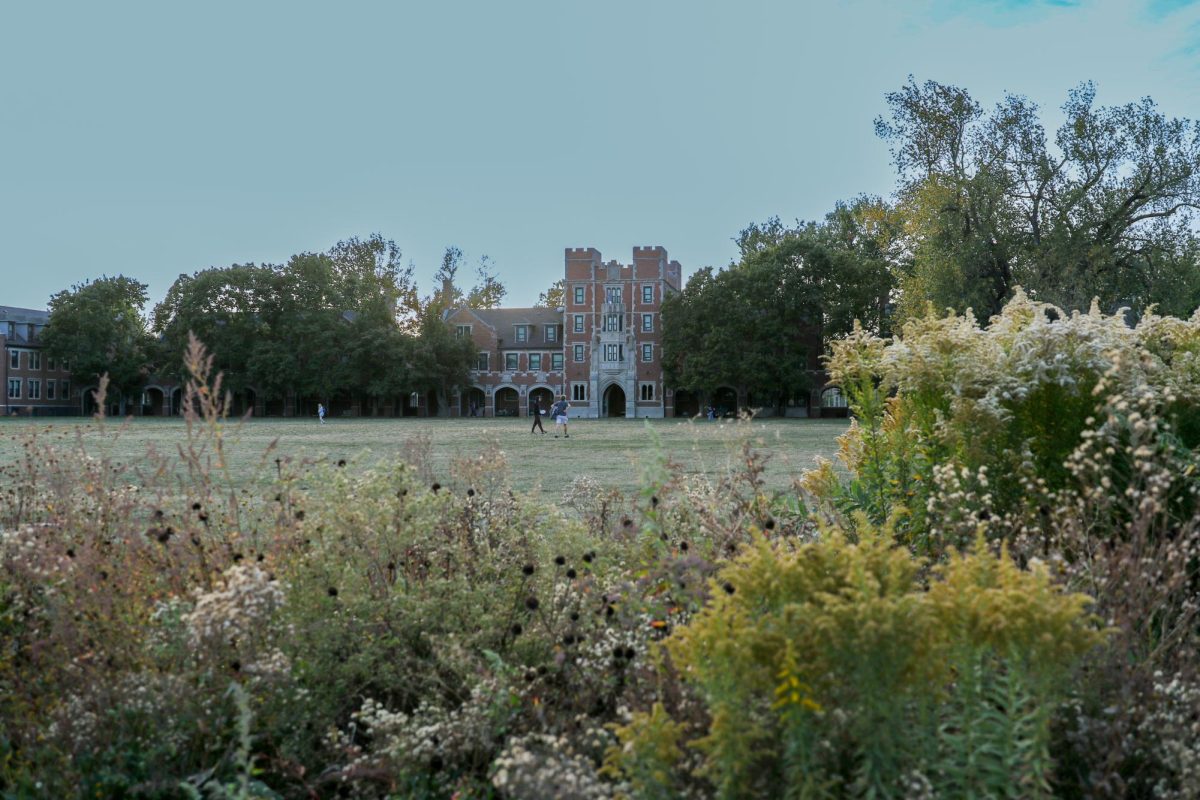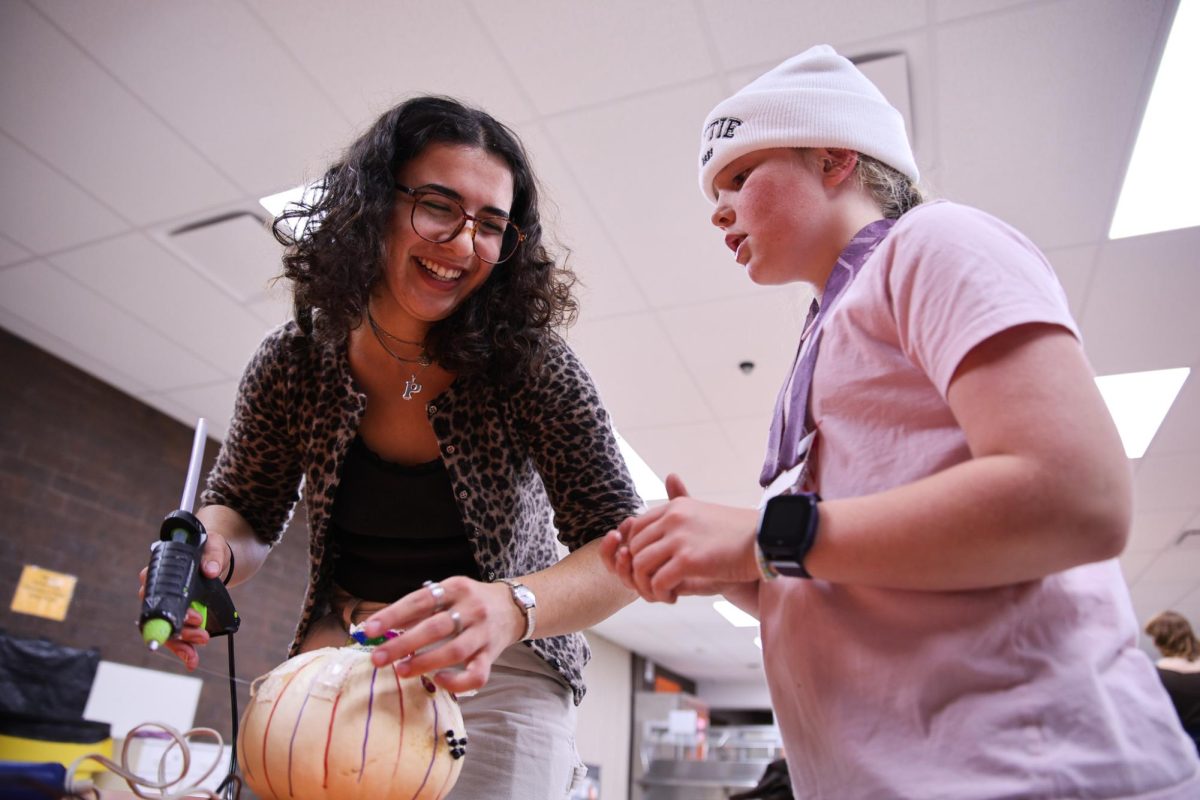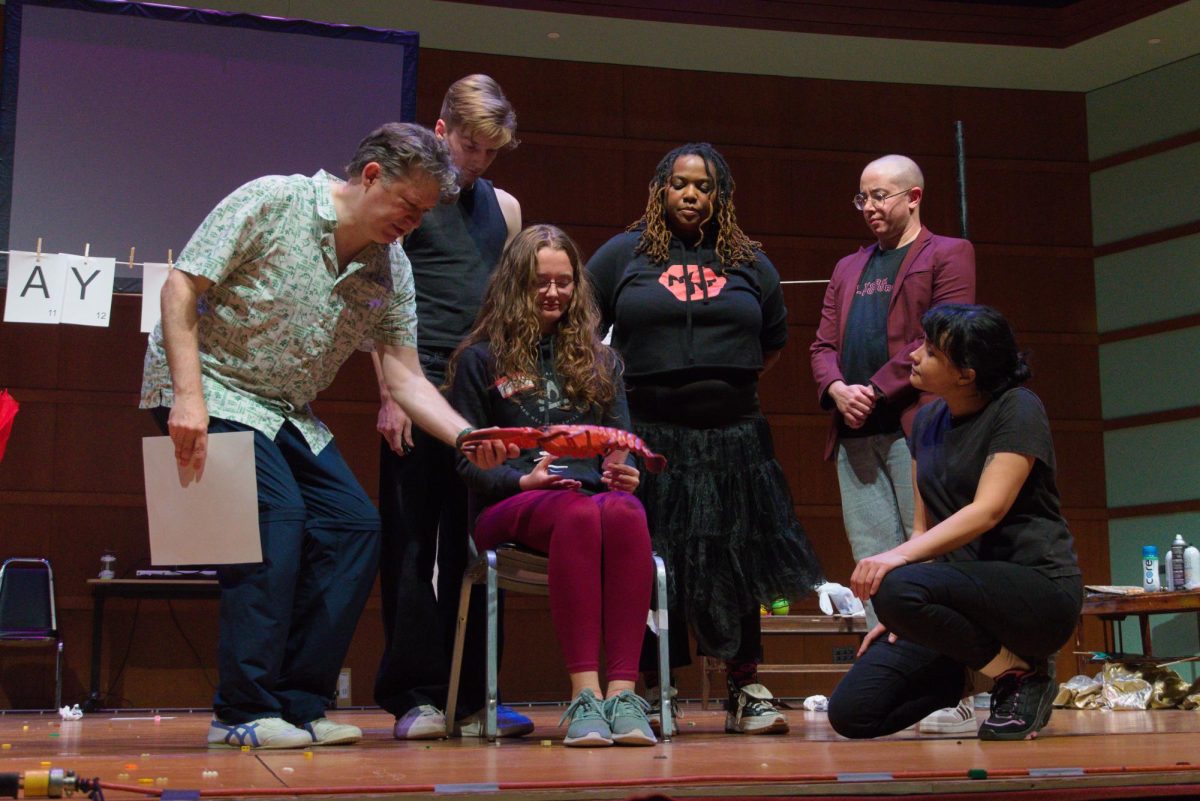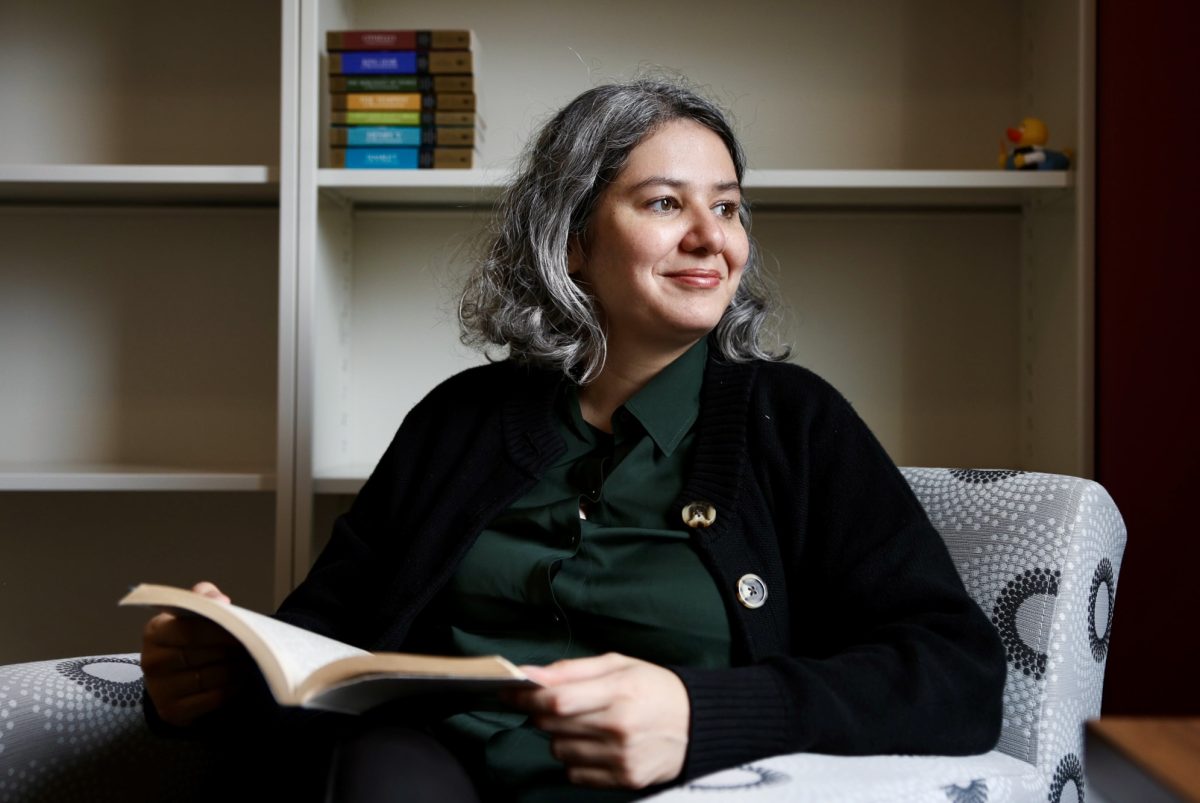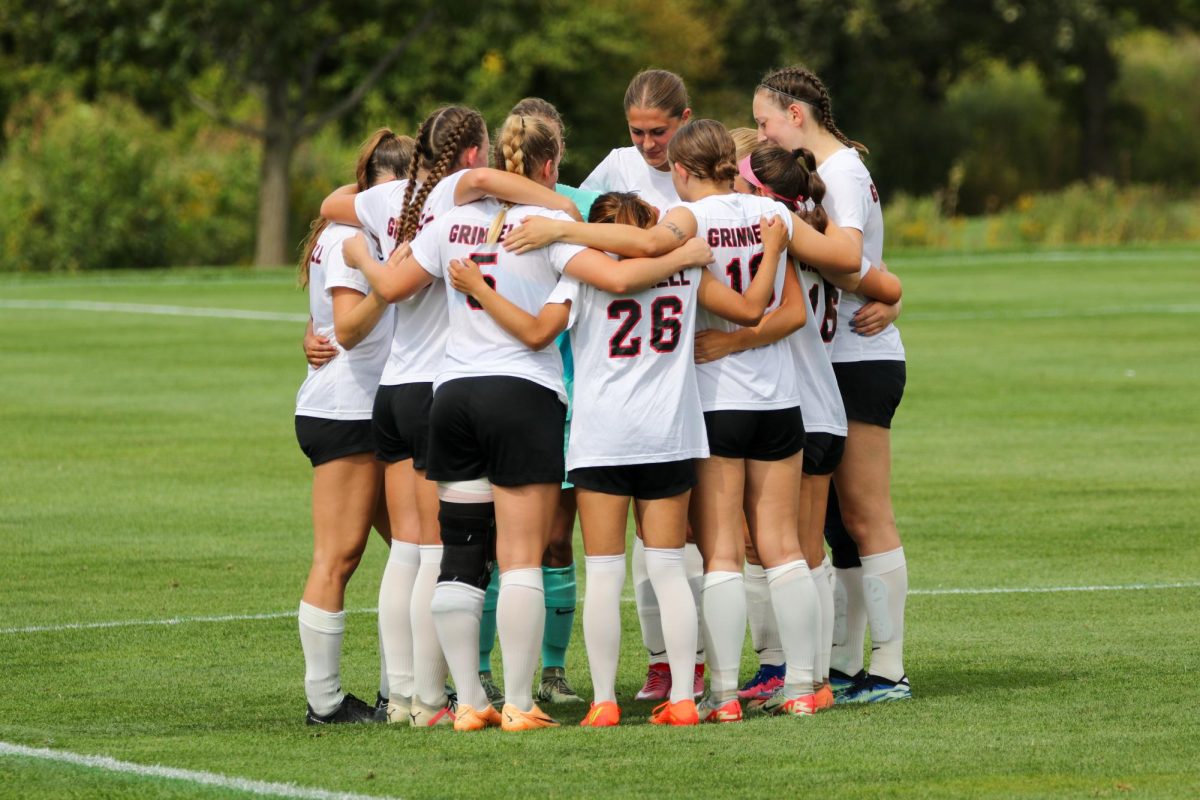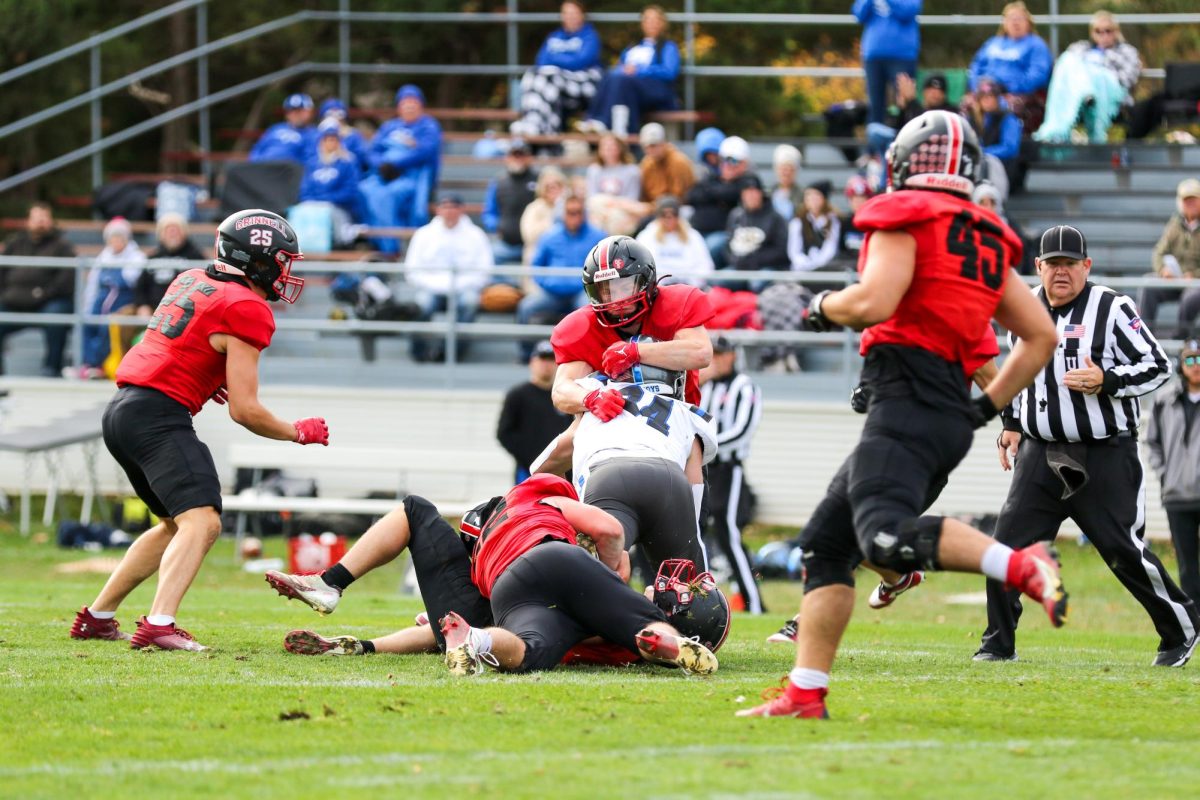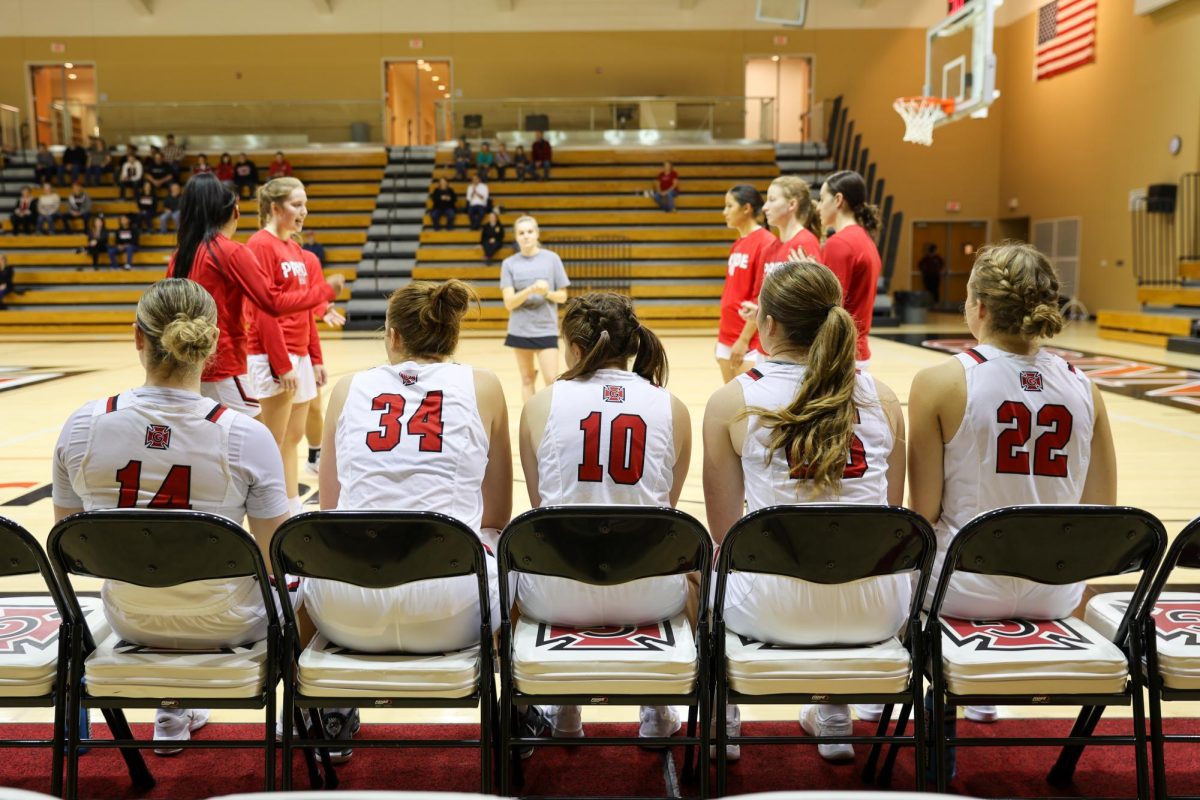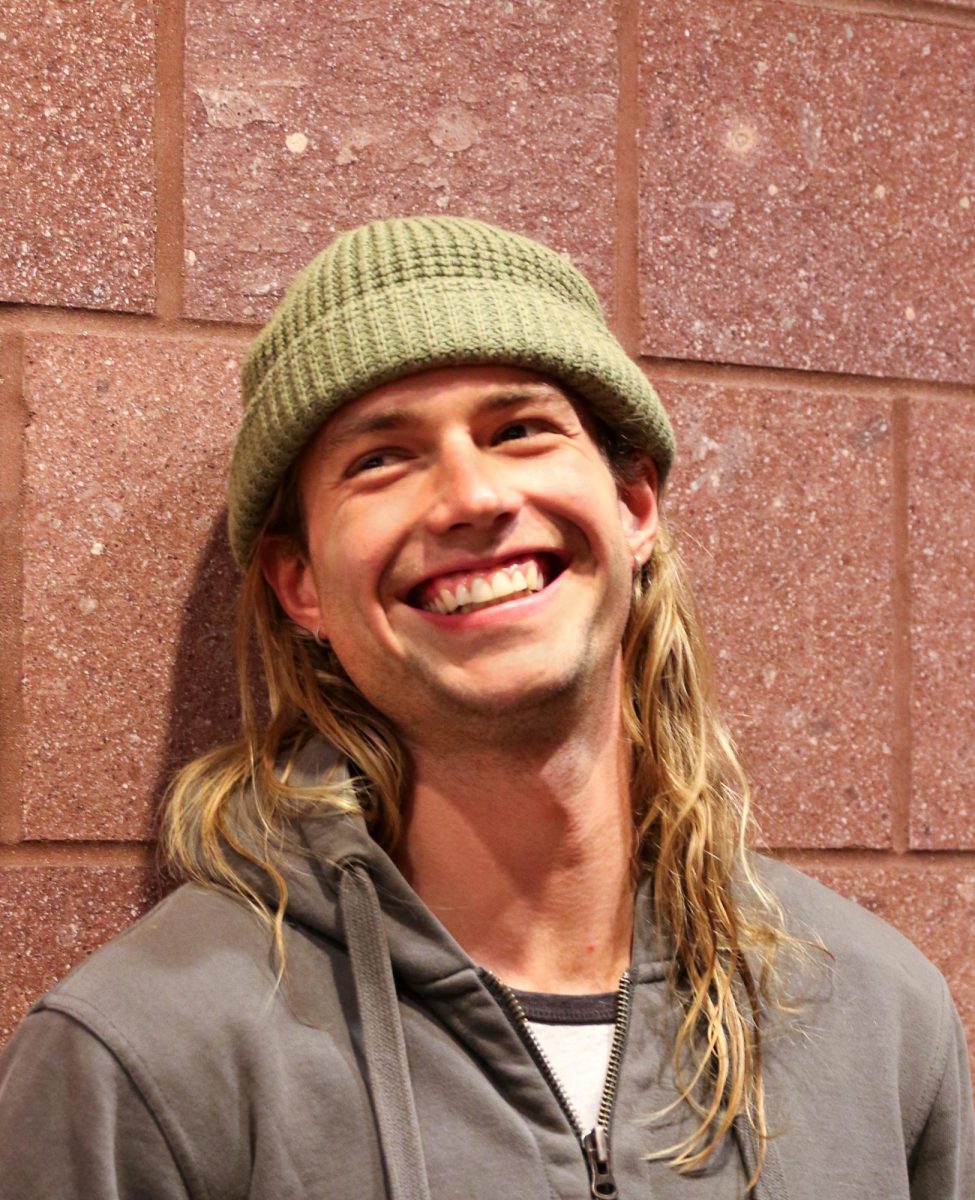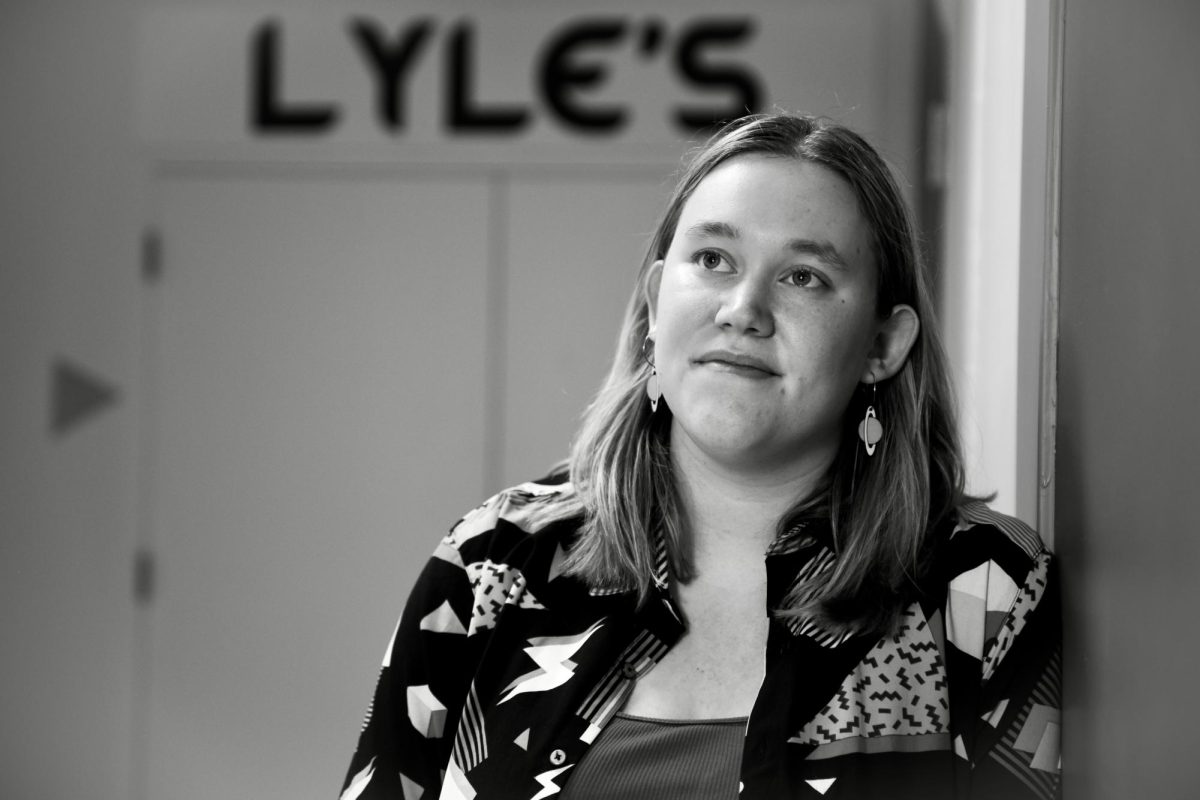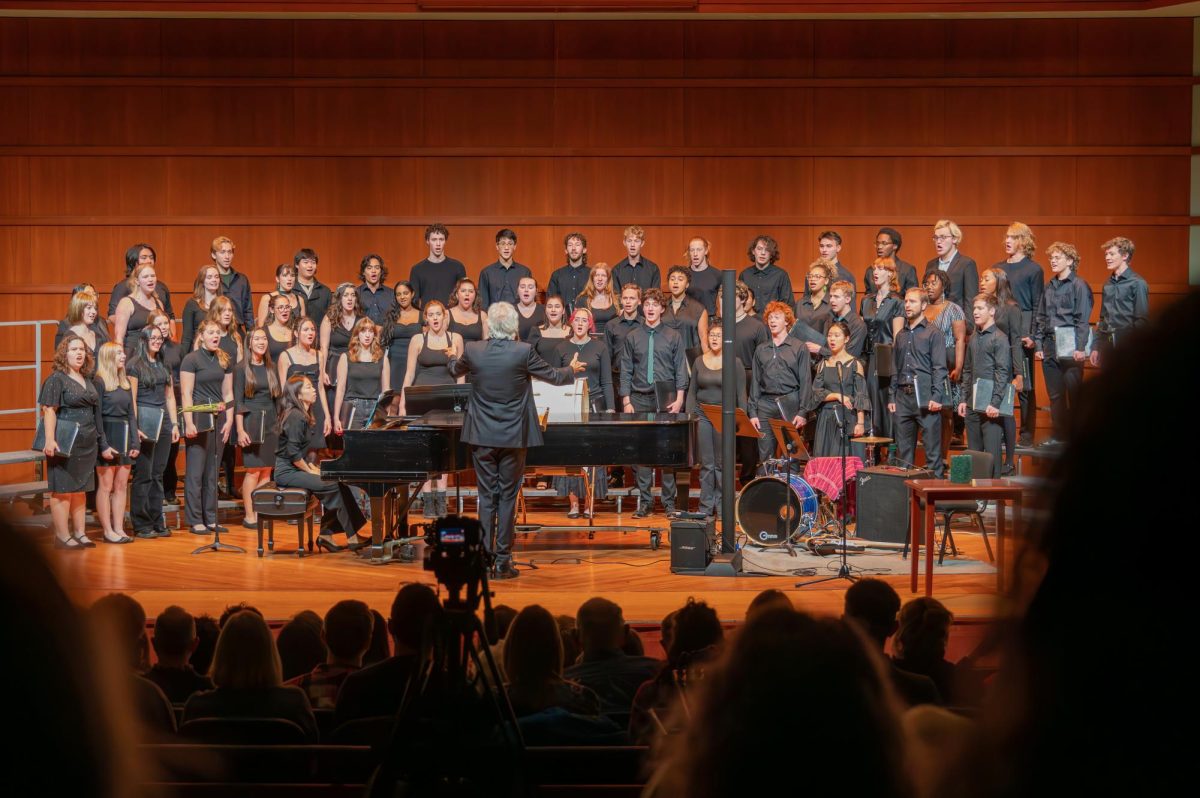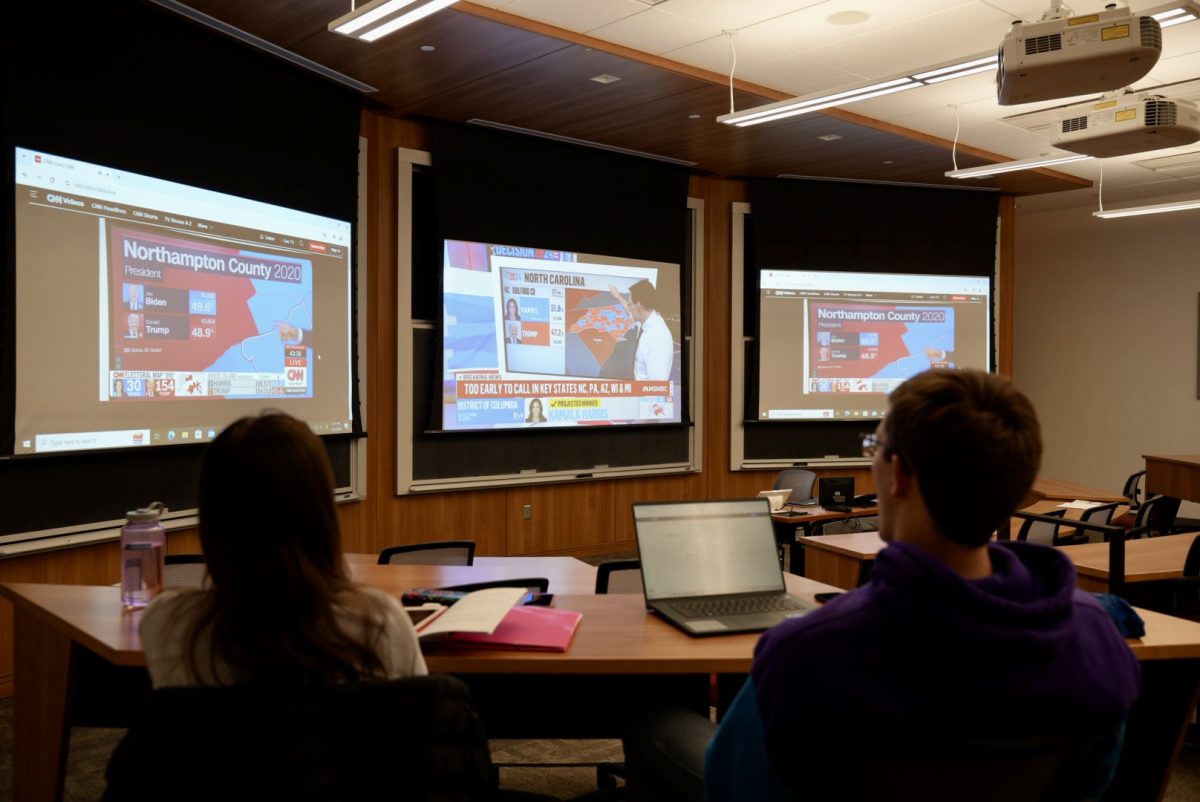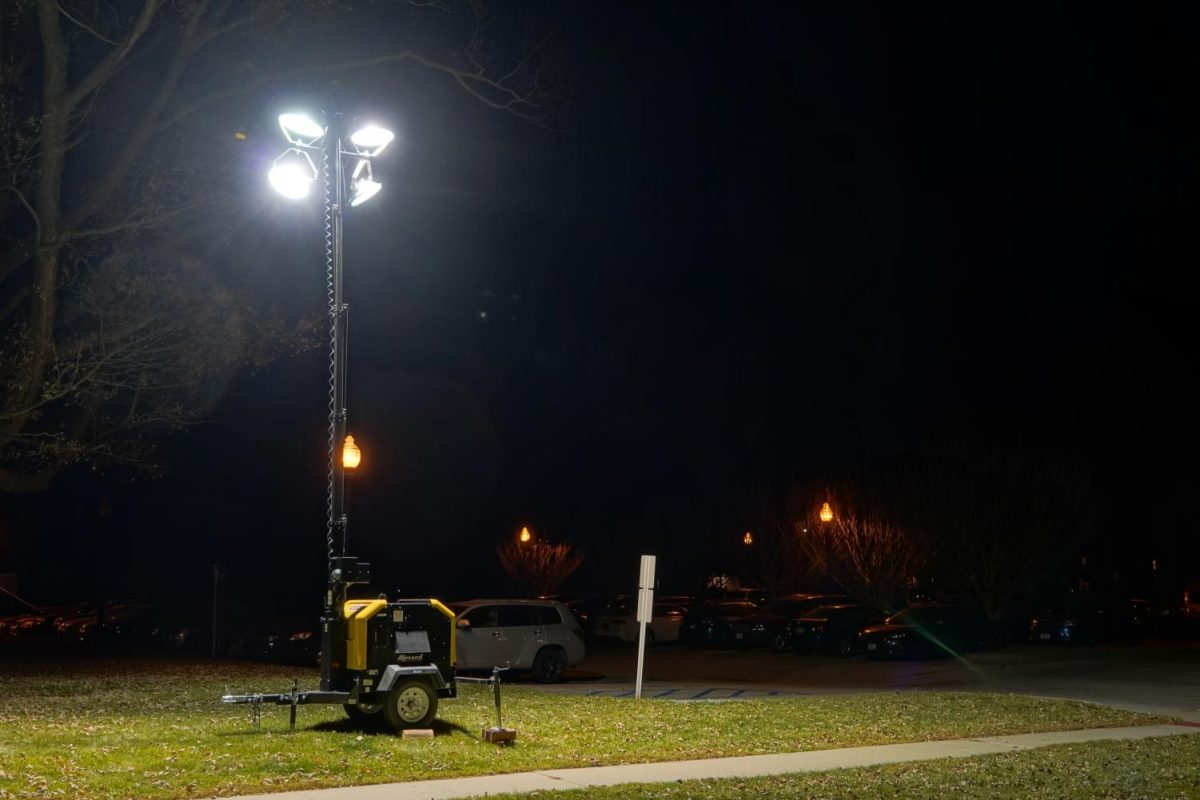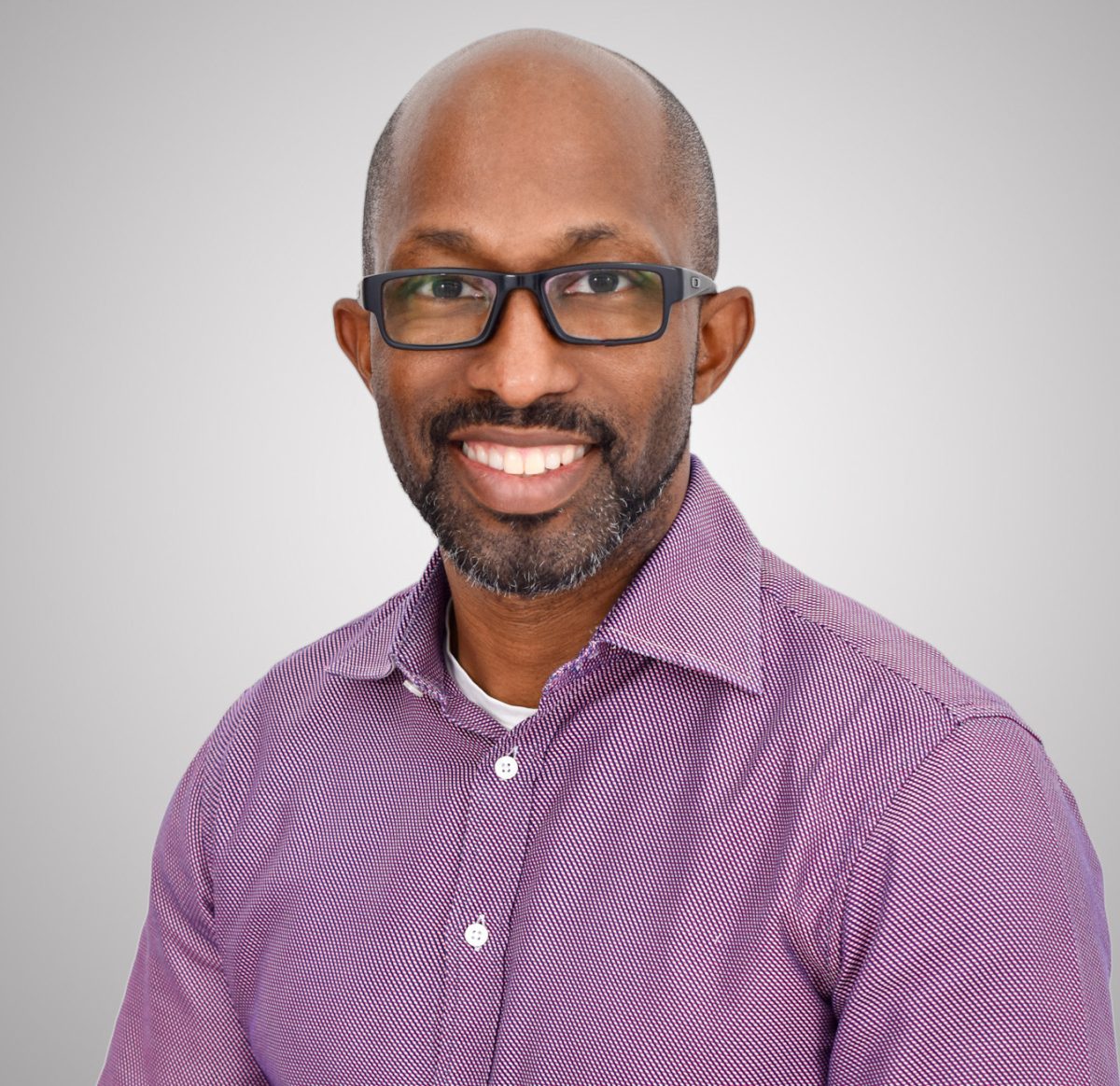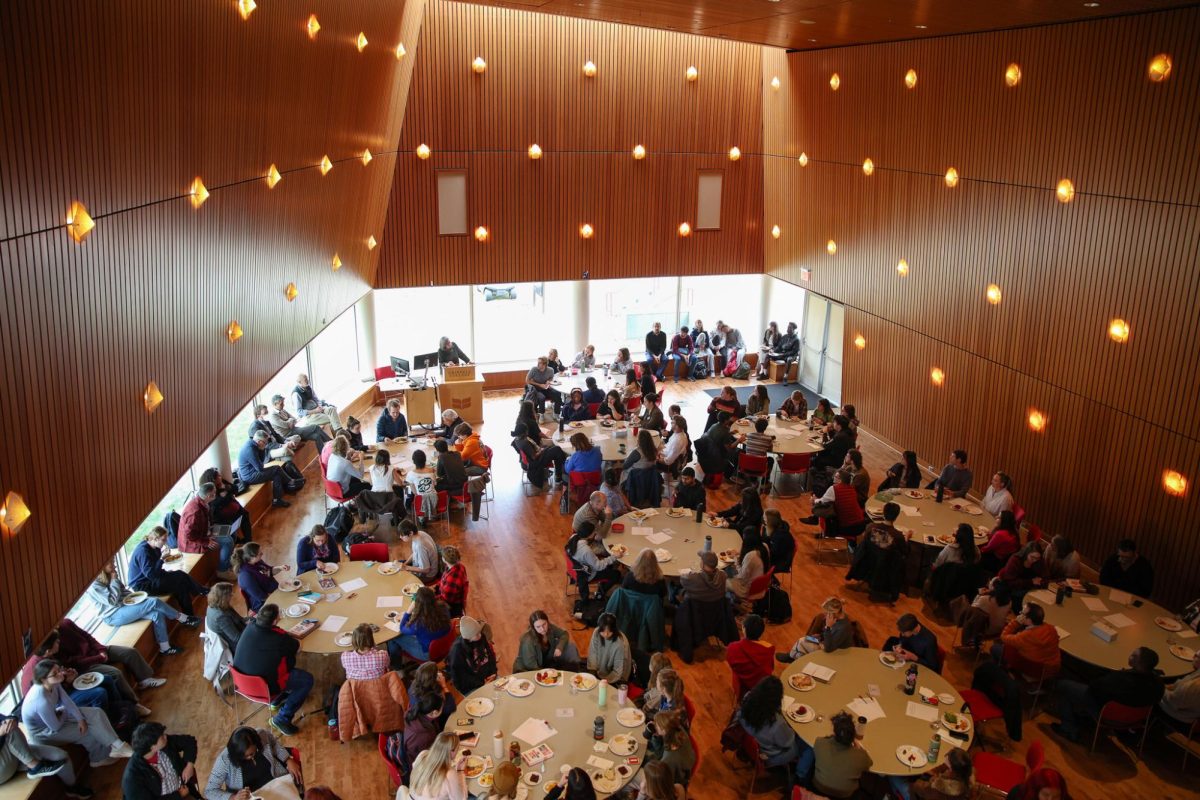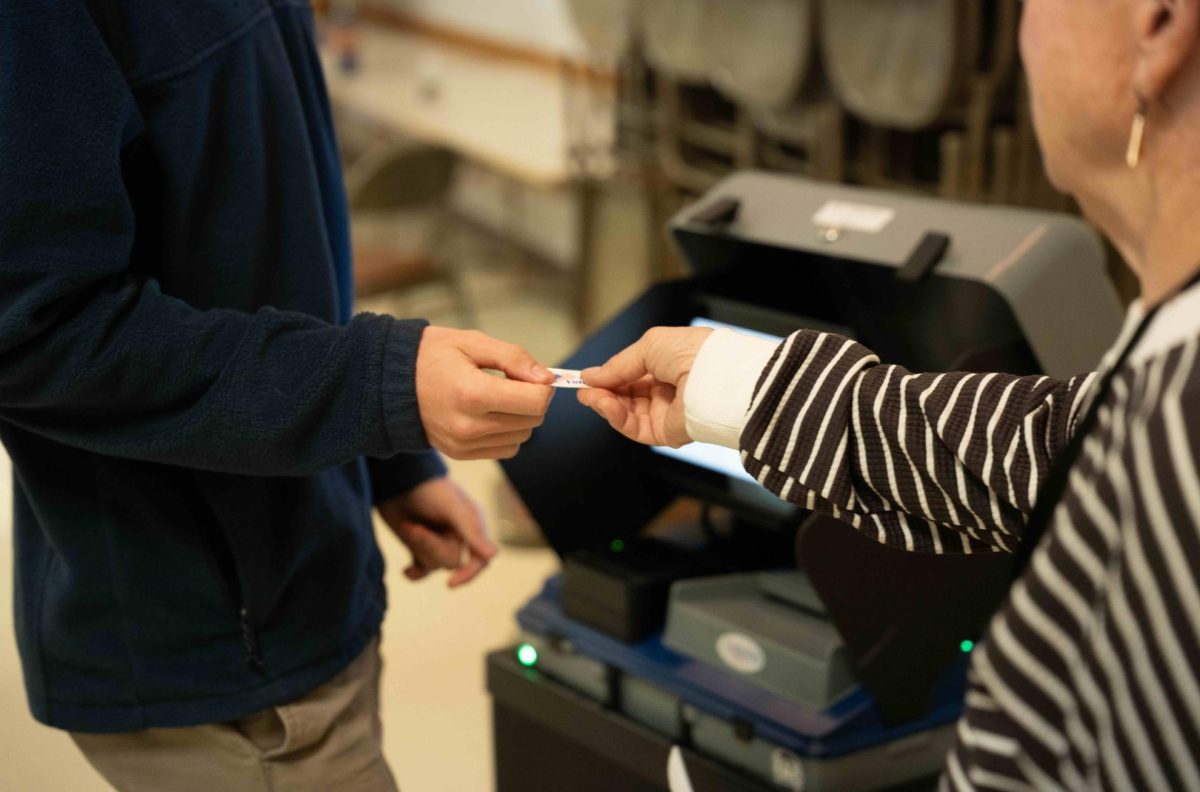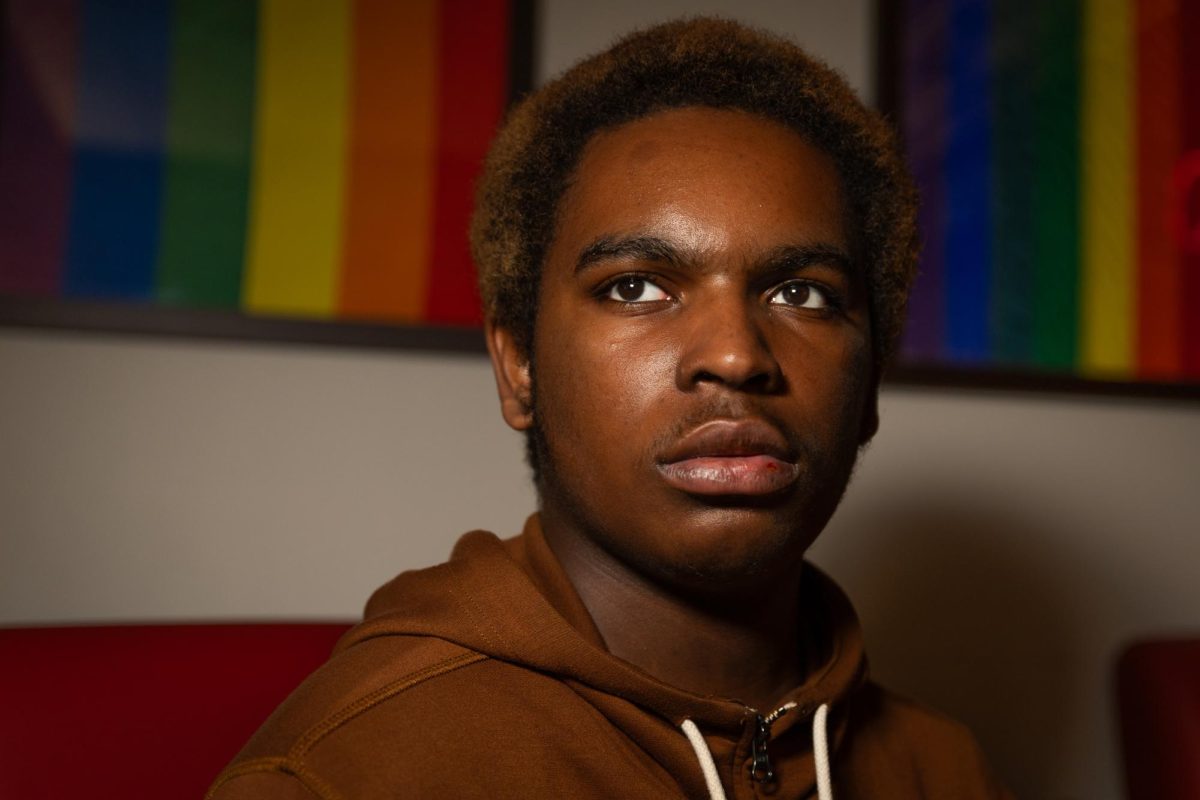All second years got an email entitled, “Register for the Second-Year Retreat.” In a word, both Professor Todd Armstrong, Russian, and peer-mentor Katie Mehltretter ’20, see the Second-Year Retreat as an “opportunity.” It is an opportunity to get off campus, meet fellow Grinnellians, and engage with other figures in the college community, including faculty, staff and alumni. The day is structured so that second-year participants get quality time with a variety of figures who will offer themselves as resources to help avoid the so-called “sophomore slump.”
Armstrong created the Second-Year Retreat to be a resource for students. “I really want to emphasize this to all second years – to all students, really – everyone on this campus is invested in your success,” he said.
With the support of the President of the College, Raynard Kington, and backing from faculty, staff, administrators, and students from every department, Professor Armstrong developed the Second-Year Retreat: “Unpacking Grinnell: Passion, Purpose, and Pathways.” Faculty and staff from every facet of Grinnell life have come together in an active effort to build personal relationships with second year Grinnellians.
The day will start at 8 a.m. on Saturday, September 14. Over 100 students will pile onto buses and travel together to Central College in Pella, Iowa. In the morning, Kington and other administrators will say a few words, followed by a Community Movement Exercise led by Celeste Miller, Associate Professor of Theatre and Dance and Naomi Worob ’19.
Second years will then have the opportunity to sit before an alumni panel, which includes Nino Parker ’07, Marlu Abarca ’14, Doane Chilcoat ’93 and Megan Samuelson ’01. Moderated by Stephen Andrews, English, the panel is free-form and will allow students to ask questions of those who have already gone through the Grinnell experience. Finally, the day will end with a low-pressure, peer-led discussion about community at Grinnell.
Professor Armstrong is passionate about the mission of the program. He mainly wants to help the second years see “the value in all of the things that are offered here,” he said. He wants to prove that “there are a lot of problems here, but people not caring isn’t one of them.” Through this program, second years will discover and make connections with an assortment of faculty and students who, said Armstrong, want to “make [Grinnell] a better experience for all the students. And that’s from across the board.”
Armstrong also wants to use this retreat as an opportunity to help students take advantage of their liberal arts education. “So often I think today’s students find themselves worried about credentials,” he lamented. “The Second-Year Retreat is one dimension of trying to help students at a particular juncture with the immediate problems or challenges that they’re facing, but also to think more broadly about what it means to be a liberally-educated person. What it means to be at Grinnell. Liberal arts will liberate you! Literally.”
Although the day is organized predominantly by passionate faculty, there is also an emphasis on peer-connections, which will be facilitated by peer-mentors like Mehltretter. “I’m really excited about the nice balance between being a peer-leader and the faculty involvement,” she said. “I’m hoping this year we’ll get more of a chance to talk to [the second years] and see where they’re at.”
Mehltretter is a fourth-year biochemistry major with the hopes of someday being a science teacher. Last year, she helped with the second-year science retreat and looks forward to stepping into a similar role this year. “I’m really looking forward to being a resource for students,” she said. “I think that peer-leaders at the retreat have a real opportunity to present themselves as leaders in the community and as resources for students who might be struggling – or not struggling – with what they want to do.”
She knows that second years often build connections with upperclassmen naturally, but that this retreat could act as a way to formalize the process and make it explicitly clear that those with experience can and should be sought out for help. “I’m on the program to become a science teacher, and a lot of what my job will be is talking to students about what their plans are after high school and what they want from life,” she said. “I think this is a really good opportunity to start seeing myself in a mentorship role, and I think that’ll really help prepare me for my teaching.”
Both the faculty and the peer-leaders will run the day with a few learning goals in mind. “You will be empowered to reflect on your values and think about how they relate to your goals in the context of the liberal arts – to define what success means to you as you begin your second year. It’s a hard question. And then translate those aspirations into opportunities,” said Armstrong. “What’s your passion, what’s your purpose, and how do you get there? You know, the pathways. And there are many.”
The hope is that this retreat will provide second years with the resources and personal connections necessary to make the most of their time at Grinnell as liberally educated people.
